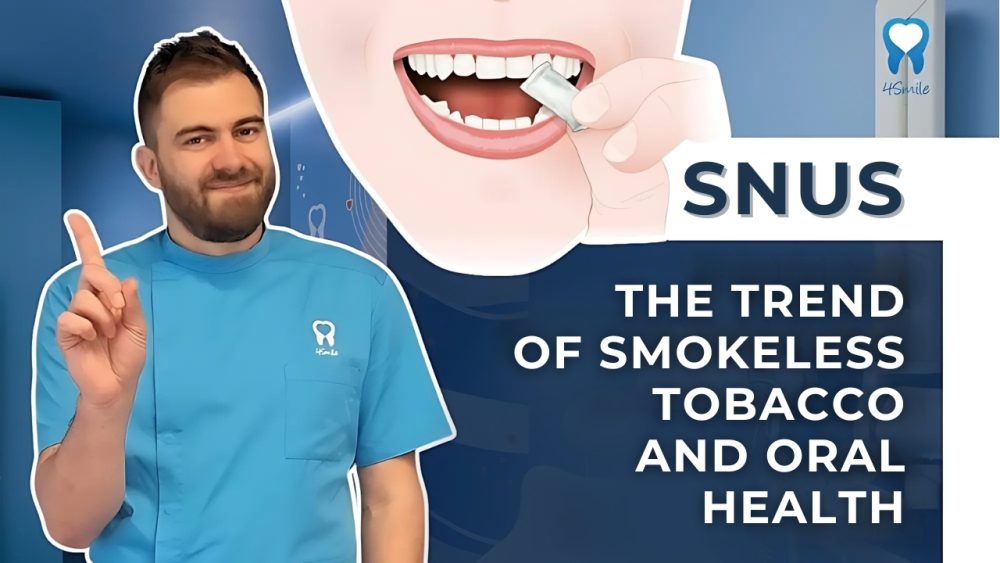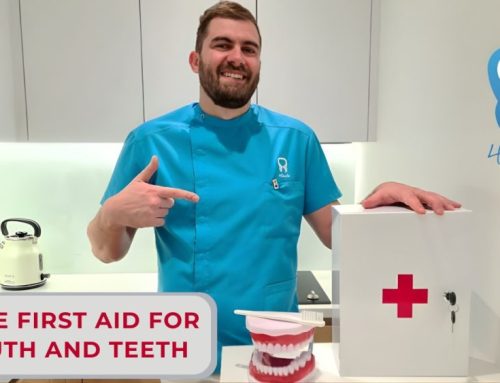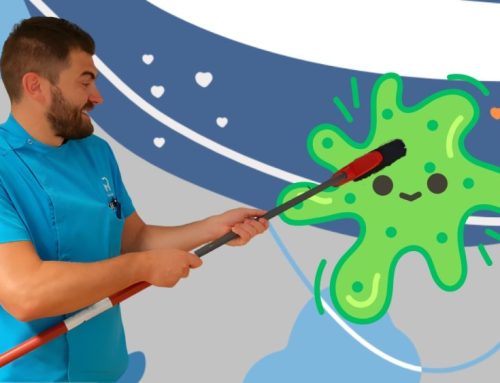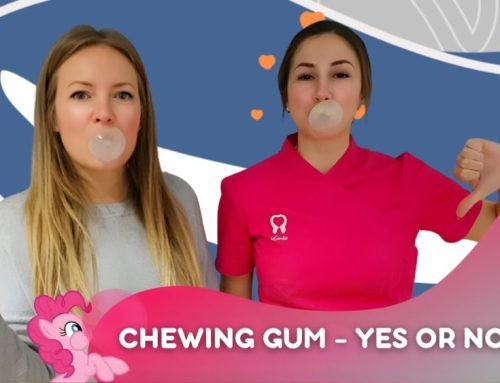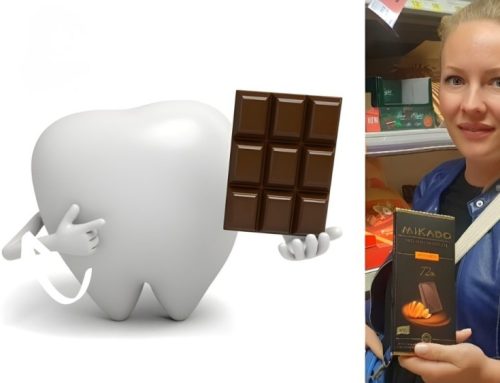E-cigarettes and vapes are among the numerous modern alternatives to smoking cigarettes.
Although their long-term harm has not been fully assessed, there are other alternatives to smoking cigarettes on the market for which we can already conclude that they are, unfortunately, much more dangerous.
One such alternative to smoking cigarettes is snus – a trend of consuming smokeless tobacco that has recently appeared in Croatia and wider Europe.
In this week’s blog from Dental Center 4Smile, find out what SNUS is and how it affects your general and oral health.
THE SNUS TREND
Snus first appeared in France in the distant 16th century, and began to gain significant influence in the 18th century in Sweden. Although the consumption of snus had been somewhat known worldwide for several hundred years, especially in Sweden, this trend has only recently gained significant popularity among young people worldwide.
The trend of consuming nicotine pouches of snus has recently emerged in Croatia, particularly among elementary and high school students. However, before you think that the main cause of this trend is the bad influence of peers, it’s important to know that snus has long been considered, according to many sources, a “better” alternative to smoking cigarettes.
Snus is a newer variant of Swedish snuff – an aromatic powder made from tobacco leaves that is inhaled through the nostrils. Unlike snuff, snus is used by sucking a pouch containing the preparation in the mouth.
The fact that snus is a smokeless tobacco product has even led the Food and Drug Administration (FDA) to publicly state that using snus instead of cigarettes “reduces the risk of heart disease, chronic bronchitis, lung cancer, stroke, and emphysema.”
However, the FDA has emphasized that snus use is not approved as safe.
In the continuation of this blog from Dental Center 4Smile in Europe, Croatia, find out why the only safe method for preserving your health is to stop using all tobacco and alternative products.
WHAT IS SNUS?
Snus is a smokeless tobacco product that is used by placing a pouch of the preparation under the upper lip.
Snus is made from dehydrated nicotine with various additives and flavors, as well as tobacco. It is assumed that snus gained popularity in modern times due to its attractive packaging.
The pouches of snus, which contain tobacco preparations, often come in colorful packaging adorned with fruit pieces, resembling candy, but unfortunately, they are much more harmful to your oral and general health than their innocent appearance suggests.
The main indicator of the harm of snus is the very high dose of nicotine contained in one pouch of this sucking tobacco – as much as 60 milligrams of nicotine! For comparison, a pack of cigarettes contains about 20 milligrams of nicotine.
In addition to the problem of nicotine addiction that nicotine generally causes, nicotine in amounts greater than 50 milligrams can be fatal to humans.
Since the preparation is in direct contact with the gums under the upper lip, this method of application ensures that nicotine is absorbed much faster into the body, directly through the bloodstream. If the snus mixture is held in the mouth for longer than 5 minutes, it will cause poisoning, and in the case of swallowing, even a fatal outcome is possible. Snus is therefore far from a harmless alternative to smoking!
RISKS OF USING SNUS
In addition to the risk of improper use of snus, using snus poses risks for:
-
ORAL HEALTH
- Cancerous diseases of the mouth and throat
- Burns inside the lips and gums
- Malformations of oral fissures
- Various types of cracks in the palate
- Changes in the color of the oral mucosa, sores, and ulcers
- Gingivitis (inflammation of the gums) and periodontitis
- Tooth loss
- Oral mucosal lesions (swelling or changes on the outer covering of the mouth, lips, or gums)
-
GENERAL HEALTH
- Heart diseases and stroke
- Type 2 diabetes (due to the high amount of nicotine)
-
OVERDOSE
Snus overdose manifests as nausea, vomiting, headaches, irritability, reduced concentration, sleep disturbances, attention disorders, and rapid heartbeat.
Additionally, in the overdose stage, snus may cause symptoms of intoxication, especially in the younger population.
CAN SNUS HELP IN QUITTING SMOKING?
We’ve concluded that snus is harmful, but can it help in quitting smoking cigarettes?
The evidence on whether snus is an effective tool for quitting smoking is mixed.
While some studies suggest that snus users might be more likely to start and continue smoking, others claim that using snus has been helpful for people who have successfully quit smoking.
However, given the fact that snus contains more nicotine than cigarettes, and nicotine is the main substance of addiction, we can logically conclude that snus is not a good option if you want to quit smoking.
ADVICE FROM DR. IVAN ANTOLKOVIĆ FOR EFFECTIVE SMOKING CESSATION
Whether you are quitting cigarettes or snus, here are some tips from dentist Ivan Antolković that may help you in breaking this harmful habit:
- Try nicotine replacement products that are safe for your health: chewing gum, patches, lozenges, and sprays.
- Ask for a prescription for medications used to quit smoking.
- Avoid environments with smokers and places where smoking is allowed.
- Prepare for cravings and triggers by having alternatives to turn to, such as sugar-free candies, chewing gum, mints, or sunflower seeds.
- Find a healthy habit to replace the harmful habit of smoking.
- Make a firm decision and stay persistent. Understand the negative consequences smoking has on your health and take care of your well-being.
CONCLUSION:
The healthiest alternative to smoking cigarettes is the complete cessation of smoking.
Keep in mind that the harm of all smoking products is always present, to a greater or lesser extent. Additionally, the harm of newer products on the market has not been fully analyzed yet.
Replace harmful habits with healthy ones, and if necessary, seek help in quitting. Dentist Ivan Antolković will be happy to offer advice or recommend medications that could help you. Protect your health and your smile!
